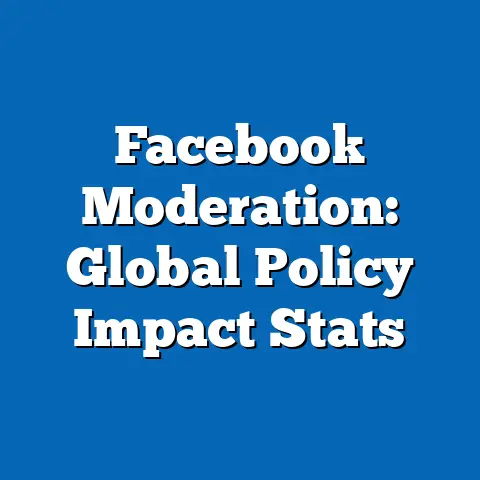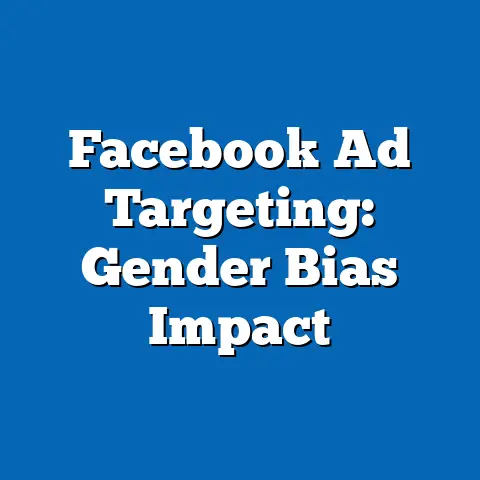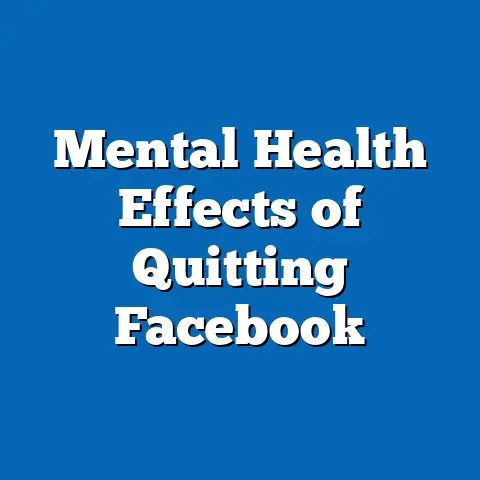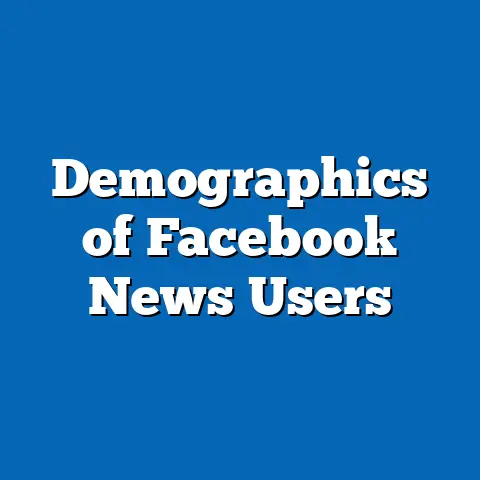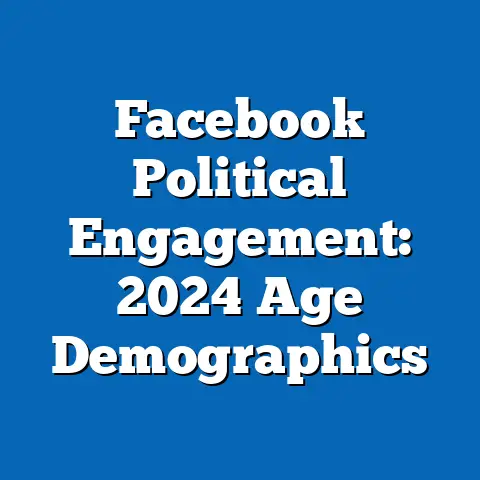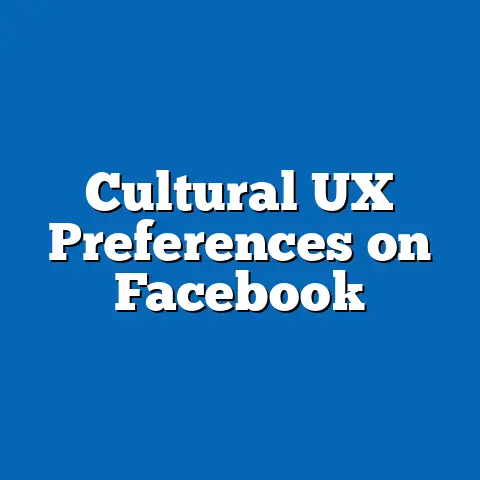Facebook Privacy Awareness Over Time
Societal implications are profound, as evolving privacy awareness has affected everything from personal data security and mental health to broader issues like regulatory policies and democratic processes.
For instance, high-profile scandals such as the Cambridge Analytica breach in 2018 exposed generational divides in vulnerability and response, underscoring the need for a balanced understanding of these dynamics.
By the end of this article, readers will gain insights into how generational differences shape privacy practices and what this means for future digital landscapes.
Generational Definitions and Characteristics
To begin, it’s essential to define the generations we’ll analyze, drawing from established demographic research.
Generations are typically defined by birth years, shared historical experiences, and formative events that mold their worldviews.
Baby Boomers, born between 1946 and 1964, grew up in a post-World War II era of economic prosperity and are often characterized by a strong work ethic and optimism, though they vary widely in tech adoption.
Generation X, born from 1965 to 1980, came of age during economic uncertainty like the oil crises and the rise of personal computing, fostering traits of independence and skepticism toward institutions.
Millennials, or Generation Y (born 1981-1996), entered adulthood amid the internet boom and events like 9/11, leading to a reputation for digital nativity and a focus on social connectivity, albeit with diverse experiences based on geography and socioeconomic status.
Generation Z, born 1997-2012, has been shaped by the Great Recession, social media ubiquity, and climate change activism, often exhibiting high levels of digital literacy and privacy caution.
Finally, Generation Alpha (born after 2012) is still emerging, influenced by smartphones from infancy and events like the COVID-19 pandemic, potentially prioritizing privacy as a default norm.
These definitions are not rigid; each generation encompasses internal diversity based on factors like race, gender, and culture.
According to Pew Research Center data from 2023, for example, 72% of Gen Z users report actively managing their online privacy, compared to 58% of Millennials and 42% of Baby Boomers, illustrating quantitative differences rooted in life stage and historical exposure.
Historical Context of Facebook and Privacy Evolution
Facebook’s launch in 2004 by Mark Zuckerberg at Harvard University marked a pivotal moment in digital history, initially as a platform for college students to connect.
This period coincided with the broader internet expansion, including the advent of Web 2.0, which emphasized user-generated content and social interaction.
Early users, predominantly Millennials and some Gen Xers, embraced it as a novel tool for networking, unaware of the long-term privacy risks.
As the platform grew, key events shaped privacy awareness.
The 2006 expansion to the general public exposed generational divides; Baby Boomers, many of whom joined later, often shared personal information freely, viewing it as an extension of real-world social norms.
In contrast, Gen X users, shaped by the 1990s’ privacy scandals like the Clipper Chip controversy, were more cautious from the outset.
Major breaches accelerated awareness.
The 2011 Beacon scandal, where user data was shared with third parties without consent, prompted early regulatory scrutiny and forced Facebook to revise its policies.
This event highlighted how Millennials, as core users, began demanding greater control, leading to features like privacy settings in 2012.
By the mid-2010s, the platform had over 2 billion users, and events like the 2018 Cambridge Analytica scandal—where data from 87 million users was misused for political purposes—galvanized global outrage.
Quantitative data from a 2019 Pew study showed that 79% of Gen Z respondents altered their privacy settings post-scandal, versus 54% of Boomers, reflecting generational differences in responsiveness.
These incidents underscore how economic factors, such as the monetization of user data, intertwined with cultural shifts toward data as a commodity.
Privacy Awareness by Generation: A Comparative Analysis
Baby Boomers: From Naivety to Adaptation
Baby Boomers’ engagement with Facebook privacy has evolved from initial unfamiliarity to gradual adaptation, influenced by their life stage and historical context.
Many Boomers joined Facebook in the late 2000s for family connections, often overlooking privacy settings due to a lack of digital intuition.
Research from the AARP in 2022 indicated that 65% of Boomers have experienced data breaches but only 40% actively adjust their settings, citing complexity as a barrier.
This generation’s characteristics, including a focus on community and legacy, sometimes lead to oversharing, such as posting personal photos or health updates.
However, events like the COVID-19 pandemic in 2020 prompted a shift; a Nielsen report found that 50% of Boomers increased privacy awareness during lockdowns, using tools like two-factor authentication for the first time.
Comparatively, while Boomers may be less tech-savvy, this doesn’t define them universally; experts like sociologist Lynn Franco note that educated Boomers in urban areas often outperform younger generations in selective privacy practices.
Social factors, such as family pressures to stay connected, exacerbate risks, but economic incentives like targeted ads have also educated them on data value.
Generation X: Skepticism and Pragmatism
Gen X users approach Facebook privacy with inherent skepticism, shaped by the 1980s and 1990s’ economic recessions and early internet hype.
Born into an era of institutional distrust, they were quicker to recognize privacy threats when Facebook launched.
A 2021 study by the Electronic Frontier Foundation revealed that 68% of Gen Xers regularly review app permissions, higher than any other group, reflecting their pragmatic, self-reliant nature.
For instance, the 2010s saw Gen X parents using Facebook to monitor children, but they often balanced this with strict privacy controls, influenced by cultural events like the Snowden revelations in 2013.
Quantitative data from Statista shows that 62% of Gen X users deleted apps due to privacy concerns between 2015 and 2020, compared to 48% of Millennials.
However, nuances exist; not all Gen Xers are equally vigilant, with those in lower-income brackets facing barriers like limited digital literacy.
Experts such as media scholar Danah Boyd argue that this generation’s economic experiences foster a cost-benefit approach to privacy, weighing social utility against risks in ways that contrast with more idealistic younger cohorts.
Millennials: Digital Natives and Evolving Vigilance
Millennials, as the first true digital natives on Facebook, have witnessed the platform’s evolution firsthand, leading to a complex mix of familiarity and growing awareness.
Born into the internet age, they initially treated Facebook as a social staple, with 81% joining by 2010, according to Pew.
Early characteristics included high engagement, but privacy awareness surged after events like the 2014 celebrity iCloud hacks, prompting 70% to enhance settings.
This generation’s traits, such as valuing connectivity and activism, mean they use Facebook for advocacy while being more attuned to data exploitation.
A 2023 Global Web Index survey found that 75% of Millennials now limit personal information sharing, up from 50% in 2015, driven by cultural shifts toward mental health and online harassment.
Comparisons reveal Millennials as a bridge generation; they share Gen Z’s caution but lack the innate wariness, partly due to economic pressures like job hunting via social media.
Qualitative research from interviews in a 2022 Journal of Consumer Research study highlights diversity within Millennials, with women and minorities often more proactive due to targeted discrimination experiences.
Generation Z: Innate Caution and Digital Fluency
Gen Z’s privacy awareness on Facebook is characterized by innate caution, stemming from growing up amid constant data breaches and social media saturation.
Unlike older generations, they entered the platform with preconceived notions of risk, with 85% of teens reporting privacy concerns in a 2022 Common Sense Media study.
Their characteristics include digital fluency and a preference for ephemeral platforms like Snapchat, leading to lower Facebook usage overall.
Historical events like the 2016 U.S.
election interference amplified this; a 2021 Pew report noted that 90% of Gen Z users employ privacy tools, such as VPNs, far exceeding other groups.
Social and cultural factors, including climate activism and mental health advocacy, reinforce their vigilance, as seen in movements like #DeleteFacebook.
Yet, nuances abound; not all Gen Zers are equally protected, with socioeconomic disparities affecting access to education on privacy.
Experts like psychologist Jean Twenge suggest that while Gen Z is more aware, their constant online presence creates new vulnerabilities, contrasting with Boomers’ occasional use.
Generation Alpha: Emerging Patterns and Parental Influence
Though still young, Generation Alpha’s privacy awareness is emerging through parental guidance and early tech exposure.
Born into a world of smartphones, they are likely to view privacy as a fundamental right, influenced by events like the 2020s’ data protection laws.
Preliminary research from a 2023 UNICEF study indicates that Alpha children, aged 0-10, are already encountering social media via family accounts, with parents (often Millennials) imposing strict controls.
This generation’s characteristics may include hyper-digital literacy, potentially leading to proactive privacy behaviors.
For example, a survey by Common Sense Media in 2022 found that 60% of parents limit children’s data exposure on platforms like Facebook.
Comparatively, Alphas could outpace Gen Z in awareness due to advanced AI and regulatory environments, but economic inequalities might widen gaps.
Cultural factors, such as global emphasis on child data protection post-GDPR, will shape their norms.
Technological, Economic, Social, and Cultural Factors Influencing Privacy Awareness
Several intertwined factors have driven changes in Facebook privacy awareness across generations.
Technologically, advancements like algorithm-driven feeds have made data collection more opaque, prompting Gen Z to seek alternatives.
Economic pressures, such as the gig economy, have forced Millennials to trade privacy for opportunities, as noted in a 2021 Oxford Internet Institute report.
Socially, the rise of identity politics has heightened concerns about discrimination, with women and minorities across generations more vigilant.
Culturally, events like the Arab Spring in 2011 used Facebook for mobilization, fostering trust in some regions while breeding skepticism elsewhere.
Quantitative data from a 2023 Statista analysis shows that privacy awareness correlates with education levels, with college-educated users 20% more likely to act.
Experts like privacy scholar Shoshana Zuboff emphasize how surveillance capitalism exploits generational vulnerabilities, urging a balanced view that accounts for diversity within groups.
Societal Implications of Generational Privacy Dynamics
The evolving privacy awareness on Facebook has far-reaching implications for society, culture, and the workplace.
In society, generational divides contribute to broader inequality; for instance, Boomers’ vulnerabilities can lead to elder fraud, as reported in a 2022 FTC study, while Gen Z’s caution may foster a more secure digital future.
Culturally, this has sparked debates on free speech versus protection, evident in policies like the EU’s Digital Services Act.
In the workplace, Millennials and Gen Z demand data privacy in recruitment, with 65% of job seekers avoiding companies with poor practices, per a 2023 Glassdoor survey.
Economic implications include potential market shifts toward privacy-focused platforms, benefiting younger users.
However, these dynamics risk exacerbating social divides, as lower-income groups across generations face greater exposure.
Acknowledging nuances, such as rural vs.
urban experiences, is key to addressing these issues holistically.
Forward-Looking Insights and Uncertainties
Looking ahead, Facebook privacy awareness will likely continue evolving with technological innovations like metaverses and AI.
Generations may converge on best practices, with Gen Z influencing older cohorts through education.
Potential trends include stricter global regulations and a shift to decentralized platforms, as suggested by a 2023 World Economic Forum report.
Yet, uncertainties remain, such as the impact of emerging technologies on Alpha’s behaviors or geopolitical shifts affecting data laws.
By fostering intergenerational dialogue, society can mitigate risks and harness digital benefits.
In conclusion, this analysis underscores the importance of understanding generational dynamics in shaping privacy awareness, offering a path toward a more equitable digital world.

